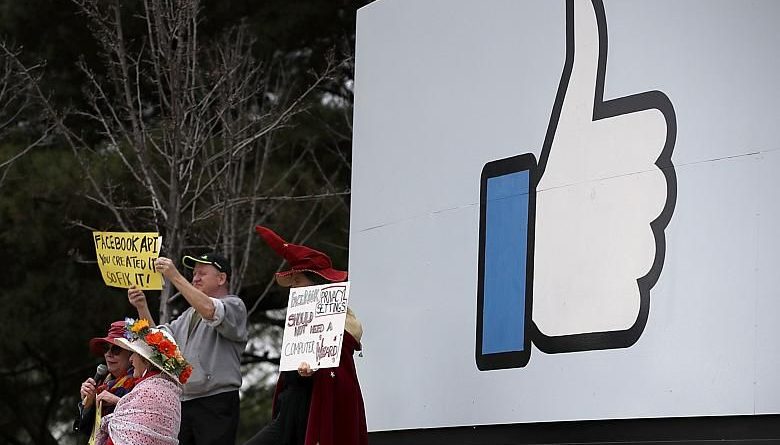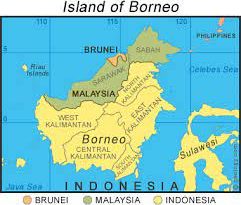OP-ED EDITORIAL: OPINION & CARTOON – ‘Facebook and democracy ’ – Wednesday, April 18, 2018
Facebook and democracy
.
Mark Zuckerberg was a Silicon Valley success story before he became a symbol of the surveillance society he helped create; he was late capitalism’s dream come true, until he became democracy’s recurring nightmare.
That might be the best way to understand the crisis facing
Facebook today: That in Facebook we see a great contest for priority and power between the free market and the public square.
This is a contest largely invisible to the many users of Facebook — and indeed perhaps to the founder of Facebook, at least until his company’s role in propagating disinformation and influencing the outcome of the 2016 presidential election in the United States became headline news.
It was already news before that, and the company has already tried different strategies to mitigate the proliferation of “fake news” that has become such a marked part of the Facebook online experience, but it was only when the investigative stories on Cambridge Analytica’s cynical harvesting of private data on Facebook for political purposes ran in The Guardian that the real Facebook problem surfaced.
It was a problem already described and tracked and fought against for years; Evgeny Morozov and others had raised alarm bells over what is called “data extractivism” — using users’ own private and even confidential information to meet all sorts of purposes without the users’ real, informed consent.
Now, even the most casual user of Facebook can understand, if he or she wants to, the true scope of the problem. The political activist and scholar Zephyr Teachout summed it up, thus: “Facebook is a known behemoth corporate monopoly. It has exposed at least 87 million people’s data, enabled foreign propaganda and perpetuated discrimination.”
No question, Facebook is a triumph of the free enterprise ethos that serves as the engine of much of the global economy.
Started in a dorm room in Harvard University only in 2004, it has become one of the largest, most valuable and consequential companies in the world. It has over 2.3 billion monthly active users around the world — a staggering number, larger than even the population of China or India and bigger than the membership of the world’s most dominant religions.
About 1.4 billion users log on to the site at least once a day; some 300 million photos are posted every day; users average 20 minutes on the site; in 2012, it was estimated that five new member’s profiles are created every second.
Facebook obviously serves a need, and it is among the most fundamental of all: the need to connect.
This expanding universe of connections is an enticing marketplace; which business wouldn’t want to reach many of those who consider themselves part of a massive connected community?
But the crisis confronting Facebook raises another question: Should Facebook enable or allow the use of its users’ private data to subvert democratic processes?
The whole point of the Cambridge Analytica strategy for Donald Trump’s presidential campaign was not simply to get out the vote — that was so 20th century.
It was a host of other, darker objectives: To demonize the opposition, to create a spurious narrative about the other candidate, to depress the vote in crucial areas, to spread false information. (Now the specter of Cambridge Analytica haunts even the Philippine presidential election of 2016, too.)
And the worst thing about this exploitative use of people’s private data?
The people themselves freely gave their information to Facebook. It isn’t just the data about the schools we went to or the friends we tag in our photos; this information includes our preferences, our predilections, our priorities — as harvested by (to give just one example) the online quizzes we spend so much time on Facebook answering.
Facebook’s digital omnipresence, and its mission to connect the world, suggests that the company sees itself as very much like a utility; what Zuckerberg calls the “social infrastructure” is every bit a utility as the electric grid.
To keep its worst impulses in check, and to protect the democratic conditions that gave spectacular rise to Facebook itself, governments around the world should begin to treat Facebook as the utility that it is — and regulate it.
.
ASEANEWS EDITORIAL CARTOONS:.
7.1. Growth dispersal next step – The Daily Tribune
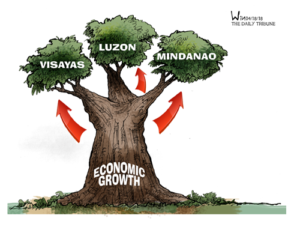
7.2 Our jails will be even more overcrowded – The Manila Bulletin
.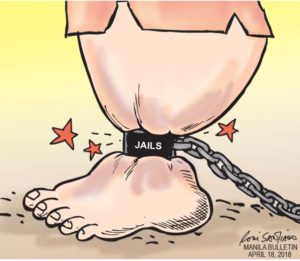
7.3. Just the facts – The Manila Standard
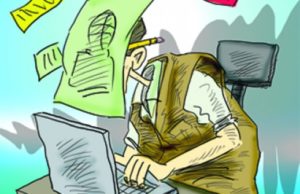

7.5. Facebook and democracy – The Philippine Daily Inquirer
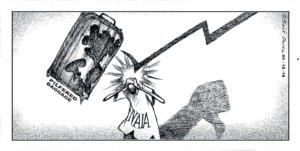
.


8.1. Premium – Opening the door wider will be good for China – For The Straits Times
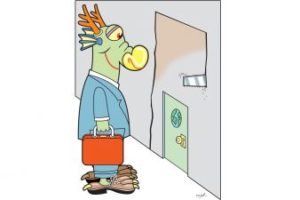
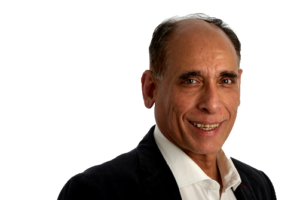
Vikram Khanna – Associate Editor
VEERA PRATEEPCHAIKUL FORMER EDITOR
– The Bangkok Post

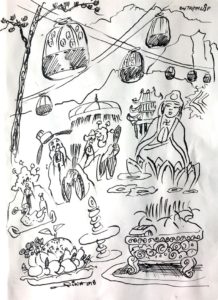
.For comments, Email to :
D’Equalizer | [email protected] | Contributor.


